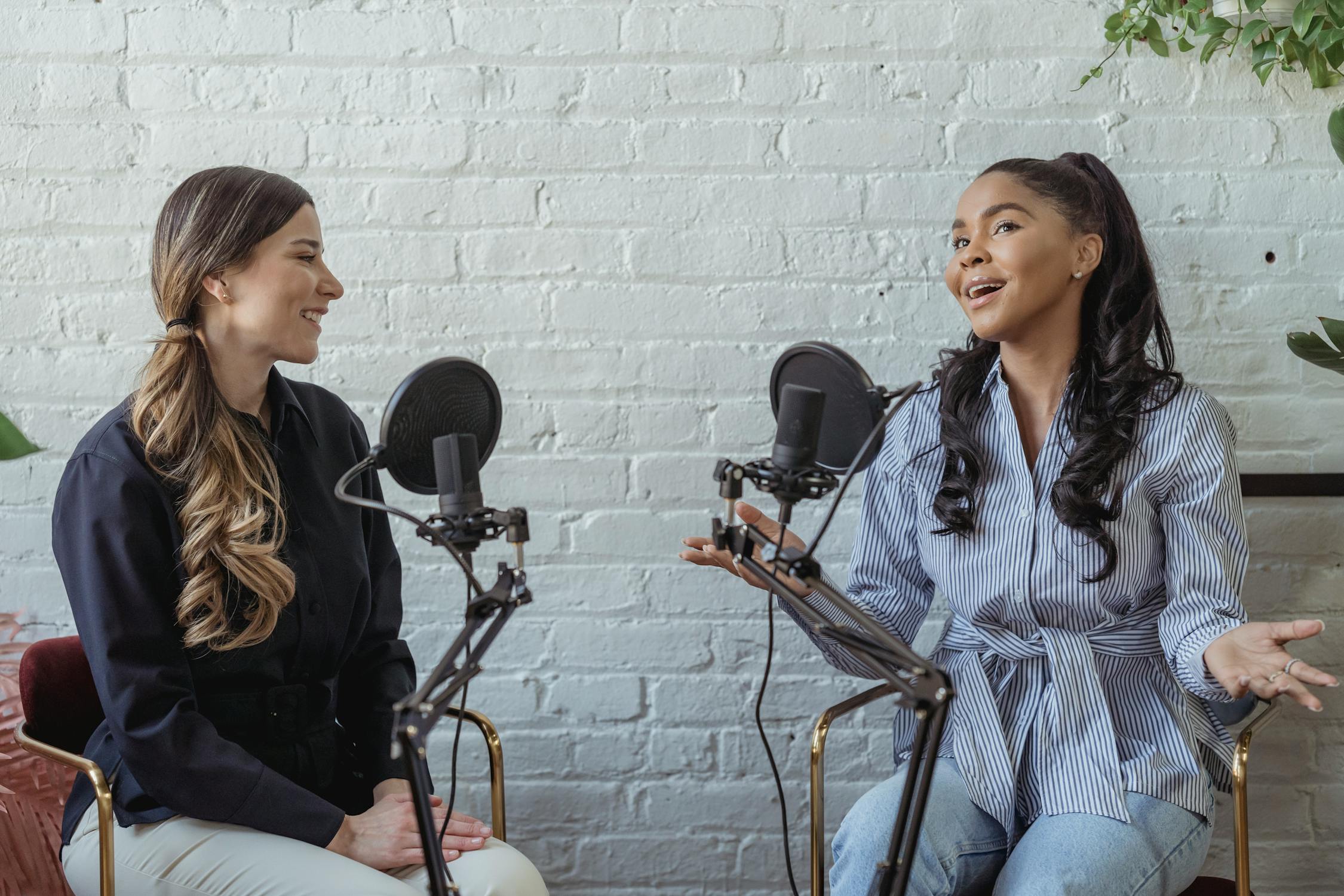Digital era offers new opportunities and tools for entrepreneurs. Low start up costs, quick customer engagement and remote work potential make it much easier to start a new business from scratch. At the same time it's important to stay aware of the challenges, such as rapidly changing technology, intense competition or security risks.
The digital era offers amazing opportunities for entrepreneurs. It allows for turning quick ideas into thriving businesses, often with minimal costs and global reach. However, this environment often demands business owners to address significant challenges.
Let's explore the key opportunities available to digital entrepreneurs and then identify the major obstacles they typically overcome.
What opportunities are typically available to digital entrepreneurs?
Entrepreneurs who work in the digital environment actively use technology and online tools to create, manage, and grow their businesses. They apply automation systems, data analytics, and digital marketing to streamline operations, reach global markets, and get new opportunities.
Below are 5 opportunities that the digital era presents to anyone involved in entrepreneurship.
1. Access to scalable online tools
The digital era allows entrepreneurs to access countless digital tools that simplify operations and procedures. These tools provide automation, save time, and allow businesses to scale efficiently, focusing on growth and innovation instead of trivial administrative work.
For instance, such work management tools as Microsoft Project simplify the planning, organization, and execution of tasks. They help to schedule work, set timeframes, track progress, assign resources, improve team collaboration, and much more.
It’s noteworthy that entrepreneurs are not strictly dependent on such tools. They can easily switch to other platforms or use several solutions for the success of their business. For example, many users of the popular Microsoft solution know how to open an mpp file without Project.
In addition, they can use other management tools in parallel to expand processes and satisfy all their team members.
2. Low startup costs
Launching a new business in the digital age doesn’t require a massive budget. As an entrepreneur, you can start small with minimal investment by applying free or low-cost software solutions for daily routine planning, website creation, marketing issues, regular operations, etc.
Luckily, many online platforms eliminate the need for expensive technical expertise. It allows startups to grow organically. Additionally, digital advertising offers cost-effective ways to test and validate business ideas without significantly emptying your pocket.
3. Quick customer engagement
Popular social media platforms like Facebook, Instagram, or TikTok let entrepreneurs quickly engage with their audience, creating authentic and lasting relationships.
With this direct connection, businesses can build trust, gather valuable customer feedback, and adapt key offerings to meet specific needs. Moreover, real-time interactions make it easier to stay relevant in the competitive environment.
4. Remote work potential
More and more companies worldwide are moving to hybrid and fully remote work models. It is accompanied by a growing demand for innovative tools that accommodate this shift. Entrepreneurs may develop products that address challenges in project management, virtual communication, employee engagement, and other areas.
In remote work conditions, tools or platforms that enhance productivity, facilitate collaboration, or improve the work-from-home experience have massive potential.
5. Digital content creation
Another important characteristic of the digital era is the ease of content creation. Even with their smartphones, entrepreneurs can easily write and publish text, create cool images, shoot videos, or prepare an advertising campaign.
This is especially important for businesses that need to engage audiences through various forms of digital content. Moreover, many platforms like Instagram, YouTube, or TikTok give content creators the ability to monetize their work directly.
All these opportunities look great. However, let's look at the obstacles that prevent them from being realized.
What are the typical obstacles that digital entrepreneurs face?
The list of obstacles and pitfalls that entrepreneurs face in the digital era is quite long. Let's delve into the main ones.
1. Rapidly changing technology
One of the significant challenges that modern businesses face is the fast pace of technological advancement.
New trends and tools emerge constantly. Therefore, entrepreneurs need to stay informed and adapt quickly. They should remember that failing to keep up can make businesses obsolete. It's important to dedicate time and resources to continuous learning and updating strategies.
2. Intense competition
Almost everyone can start a business because of the low barrier to entry in digital entrepreneurship. It logically results in highly saturated markets.
To stand out, business owners must offer unique value through innovative features, superior quality, or a compelling brand story. Such competition often requires a significant investment in marketing efforts.
3. Security risks
Everyone who operates online should be aware of such cybersecurity threats as hacking, phishing, or data breaches.
Even a small business can become a victim of these attacks. It usually results in reputational damage and financial losses. Therefore, it's critical to invest in powerful security measures, such as firewalls, encryption, and secure payment gateways.
4. Access to funding
Sometimes scaling a digital business requires significant funding (although its starting usually looks affordable).
If you don't have established connections and a proven track record, there are many chances to struggle to secure capital from investors or banks. That’s why, without sufficient funding, entrepreneurs may struggle to grow their businesses or stay competitive.
5. Imbalance in work and private life
The digital nature of entrepreneurship often disrupts a healthy work-life balance. Entrepreneurs frequently feel the pressure to be "always online," whether managing social media, responding to emails, or tracking productivity metrics 24/7.
This nonstop connectivity may cause stress and lead to burnout, ultimately harming productivity.
Consider these opportunities and obstacles and thrive in the digital era
The digital age presents unprecedented opportunities, from accessing a global audience to utilizing scalable tools. Yet, thriving in this era also demands overcoming hurdles like fierce competition, rapid technological shifts, cybersecurity threats, and more.
To succeed, start small but dream big. Focus on building a strong foundation, prioritize customer relationships, and continuously invest in your professional skills. Remember, success in the digital environment isn’t about avoiding challenges but more about finding creative ways to overcome them.
Source: https://www.articlesfactory.com/








